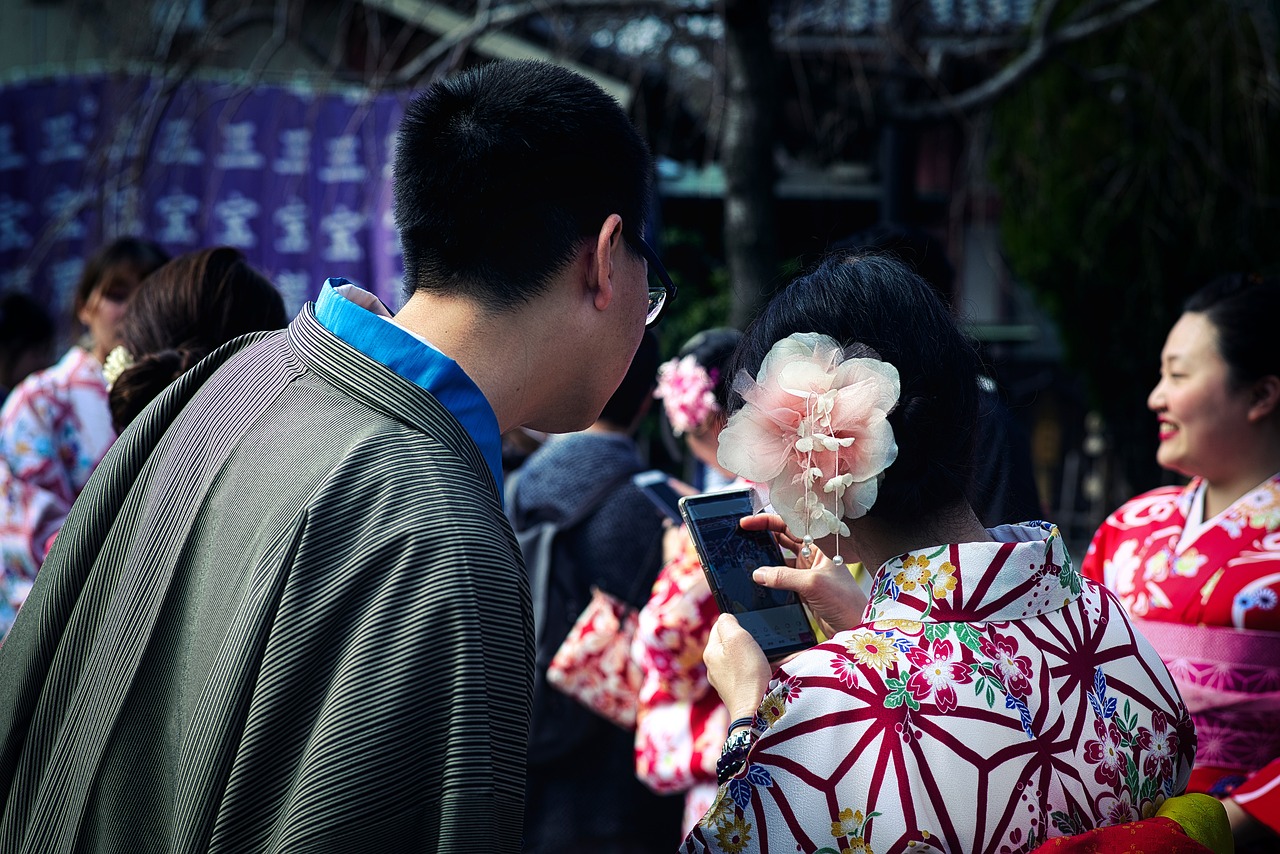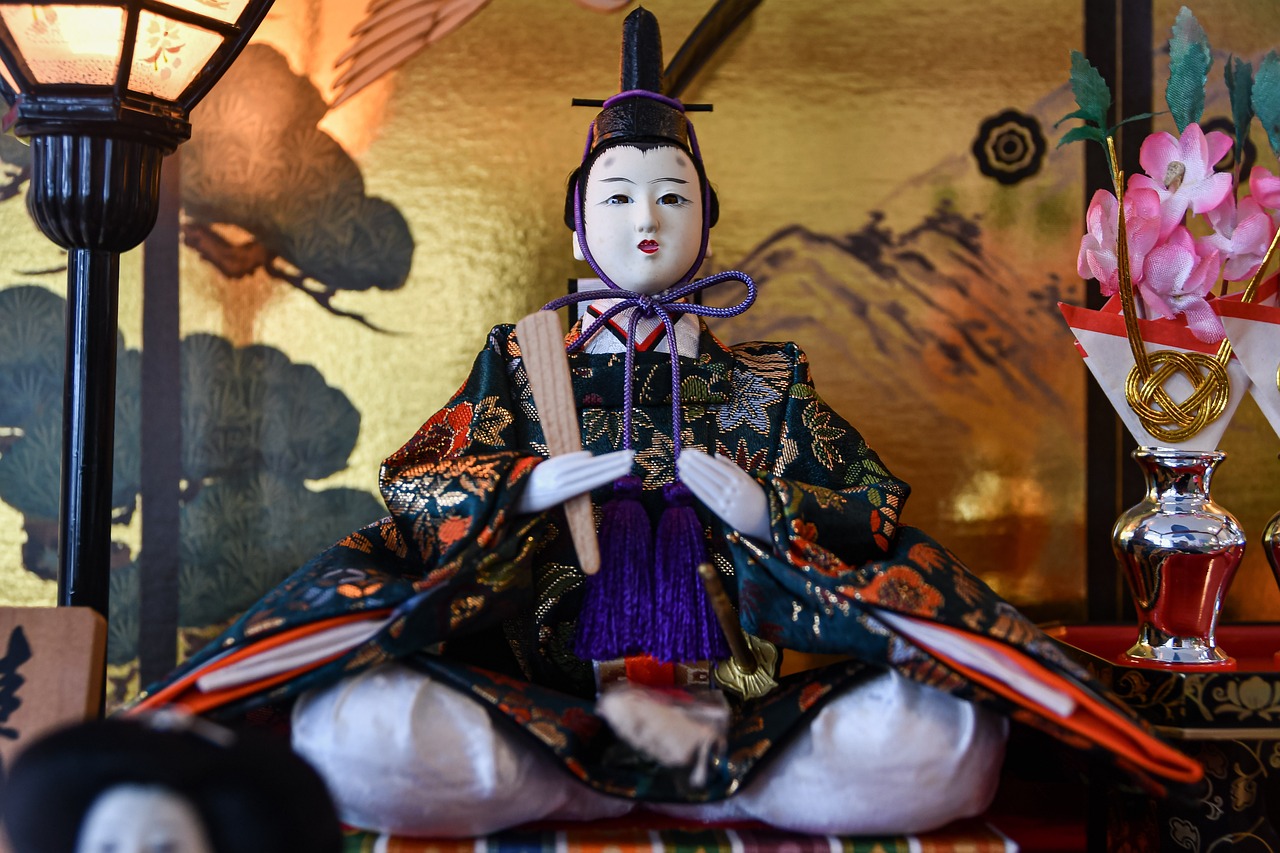Kapanlagi.com - The use of kun in the Japanese language plays an important role in expressing social relationships and cultural hierarchies. This honorific is not just a simple title, but also reflects closeness, familiarity, and even someone's status within a community.
In this article, Kapanlagi will extensively discuss how the kun title in the Japanese language is used in various contexts, ranging from friendship, work relationships, to literary and martial arts contexts in Japanese culture.
By understanding the use of kun in the Japanese language, KLovers who are learning the language or culture of Japan will gain a deeper insight into the social and cultural dynamics of Japan, as well as the importance of language in building human interactions.
Now, here is an explanation of kun in the Japanese language and how it is used in different contexts. In addition, there is also a list of other titles. Let's check it out.
1. What is Kun in Japanese?

Illustration (credit: pixabay.com)
The title kun in Japanese is an honorific word used to call or refer to someone with a lower level of familiarity or closeness than "san". The word kun is usually used to call males, especially by older people or in senior relationships in social or professional contexts.
However, kun in Japanese can also be used in a more informal context between peers or young boys. In addition, kun in Japanese can also indicate gentleness or affection, especially when used by an older person towards a boy or young child.
However, it is important to remember that the use of kun in Japanese should be done considering the context and social relationship between the speaker and the listener, as its use can feel impolite if not appropriate. When is the right time to use kun in Japanese?
Well, to better understand that, here are some appropriate moments to use kun in Japanese, complete with examples:
1. When speaking with peers or people who have the same or lower level of familiarity. For example, if you are a student and talking to a male classmate, you can use "kun" after their name.
Example: "Tanaka-kun", which means Mr. Tanaka or "Taro-kun" (Mr. Taro)
2. When speaking to a boy or young child. The word 'Kun' indicates gentleness and affection in this context.
For example: 'Hayato-kun' means beloved Hayato.
3. When speaking to someone who has a junior or subordinate relationship in a work or organizational context. For instance, a superior might use 'kun' when speaking to their subordinates.
For example: 'Sato-kun' means 'Sato-san' in a work context. And 'Buchou-kun' (Manager) in an organizational context.
4. In informal or relaxed situations between friends or family.
For example: '(Ryota-kun)' means sweet Ryota.
5. Sometimes in literary or martial arts contexts, 'kun' can be used to indicate a deeper level of familiarity or emotional connection.
For example: 'Kendo-kun' means Mr. Kendo, in the context of martial arts.
2. Other Terms Besides Kun in Japanese

Illustration (credit: pixabay.com)
In addition to 'kun' in Japanese, we know that there are many other similar honorifics in Japanese. Just like 'kun', some additional honorifics in Japanese can be used depending on the context, social relationship, and familiarity between the speaker and the listener. Here are some other honorifics in Japanese, along with a brief explanation of their usage:
1. San
This is a common and neutral honorific. 'San' is used for both men and women, in both formal and informal contexts.
2. Sama
An honorific that indicates greater respect and deference than 'san'. 'Sama' is used in very formal situations or when speaking to someone who is senior or influential.
3. Chan
This term is usually used to call young children, teenage girls, or people who are emotionally close. Usually, Chan is often used by peers or family members.
4.Senpai
This term refers to someone who is senior or experienced in a field or organization. Used by junior members to refer to senior members.
5.Sensei
The term Sensei itself means "teacher" or "instructor". Usually used to refer to teachers, instructors, or people who have specific knowledge and skills.
6.Sempai
Similar to "senpai", but the term Sempai is used in the context of martial arts culture such as karate, judo, or aikido.
7. -sama
Similar to "sama", but usually more intended for people with higher rank or status, or in a larger context of respect.
8. Kouhai
Refers to someone who is junior or has less experience in a field or organization. Used by senior members to refer to junior members.
9.Dono
A title that shows very high respect. Usually, this title is used in very formal contexts, such as in historical literature or period dramas.
10.Hakase
This title means "doctor" or "expert". Usually used to refer to someone who has a doctoral degree or has extensive knowledge in a specific field.
11.Bozu
A title that is sometimes used to refer to young boys or young men. Sometimes, this title is used informally by peers or family members.
12.Jou
Similar to "chan", this title is used to casually call young girls or teenage girls or in a close context.
13.Kakka
A title that shows great respect, usually used to refer to someone who holds a high position, such as a head of state or leader of a large organization.
14.Bocchan
This title is usually used to refer to young men or boys, often with specific connotations related to wealth or social status.
15.Hime
Similar to bocchan, this title means "princess". Used to refer to young girls or young women, often with a cute or affectionate nuance.
That is the explanation of "kun" in the Japanese language that KLovers can know. Besides knowing the proper usage of "kun" in the Japanese language, there is also a list of other titles that you can learn and use in Japanese conversations.
(kpl/dhm)
Disclaimer: This translation from Bahasa Indonesia to English has been generated by Artificial Intelligence.














